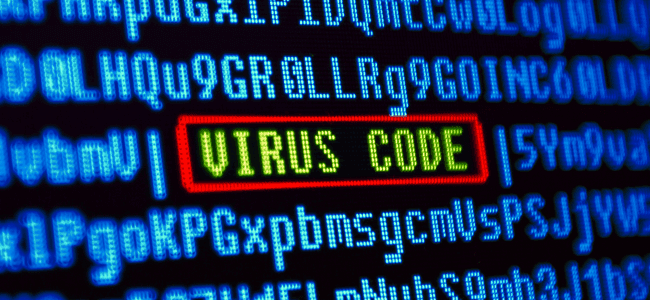The Best Antivirus For Linux

Linux is widely considered to provide robust defense in the cybersecurity realm, but still isn’t completely immune from threats crisscrossing the globe. While the operating system is far more secure than competitors like Windows and Mac, it’s still susceptible to malware and other vulnerabilities.
When it comes to protection though, there are just a limited number of proactive solutions built for Linux’s open-source Ubuntu operating system when compared to platforms that run on Windows. Keep reading to explore the software providers that deliver hardy Linux antivirus packages.
Can’t Wait To Get Your Linux Antivirus Now? See Our Top 5 Picks
Here are our picks for the best antiviruses for Linux:
- Bitdefender - As a light-weight program that consumes minimal resources, this offering is an excellent choice for gamers. Besides performance, the solution scans archives, supports desktop integrations, has a supportive command-line interface, and features an intuitive graphical user interface
- Avast - Offering real-time security and anti-spyware, Avast provides on-demand scanning and performs planned scanning functions, ensuring core and network security while minimizing resource consumption
- Sophos - This free antivirus for Linux delivers real-time threat detection and removal, is user-friendly, supports multiple platforms, and eliminates cross-platform threats as well. Sophos ranks among the best solutions for both home and enterprise users
- ESET - With minimal system impact, dedicated gaming mode, and reasonable malware protection, this is another stellar choice if you want to find the right balance between security and performance
- ClamAV - Featuring loads of advanced functionality and low resource consumption, this open-source (GPLv2) antivirus tool-kit available at no cost is a suitable option for gamers
Does Linux Need Antivirus?
While viruses that affected Linux were extremely rare in the past because the platform wasn’t as popular, cybercriminals started building malware targeting Linux as the number of users grew.
The current probability of infection is still rare, and not many malware codes exist for this open-source platform, yet the threat remains. This minimal likelihood is still significant if you have essential data on your devices and servers.
So, does Linux need an antivirus?
Although the platform itself is more secure than Windows and Mac, there is malware and other threats designed to infiltrate the OS. Even if the chances are slim, it’s always a good idea to add an antivirus solution for enhanced security and peace of mind.
How About The Antivirus For Ubuntu?
When it comes to threats, Ubuntu is probably the last thing on a hacker’s mind, given the more limited demographic that uses this system. That said, it isn’t invulnerable, and you still have a few factors to consider.
The virus can travel if you were to share data from external devices that are compatible across platforms. To avoid spreading threats unintentionally, implementing an Ubuntu antivirus solution is a sound information security best practice that will also capably safeguard your privacy.
What You Should Know When Choosing An Antivirus For Linux?
Finding a security solution for alternative platforms is difficult, primarily because you have to settle with limited options. However, if you require protection, make sure to evaluate the following before selecting a software option:
- Check for compatibility and how the features meet your expectations
- Look out for multiple layers of features. The more features, the better your system runs
- Be mindful of the information you are working with; check with the networks and the data’s purpose. If you’re a basic user, a few layers of protection should keep you secure against all forms of viruses and malware. On the other hand, if you deal with valuable data, be sure to opt-out for the most secure option
- Consider if you need an open-source product or a paid solution. Each has its benefits and drawbacks
- Conduct your independent research to discover what others have to say about the product
Most importantly, avoid brands that aren’t familiar. Be sure to read through reviews and discussions on forums before committing.
Need to streamline the process? Compare the best antivirus solutions.
Find The Best Antivirus For Linux
- Bitdefender
Bitdefender is widely considered one of the best security solutions for multiple operating systems. It isn’t a free antivirus, but that doesn’t detract from the excellence of this product. Bitdefender for Linux isolates infected files into an allocated protected directory to avoid any form of malware attack.
An intuitive graphical user interface and proper command-line interface support both beginners and more advanced users. Thanks to the right balance of modern technology, extensive features, and high-performance, it has been bestowed with the “Product of the Year 2019” award.
Read the full review of Bitdefender.








